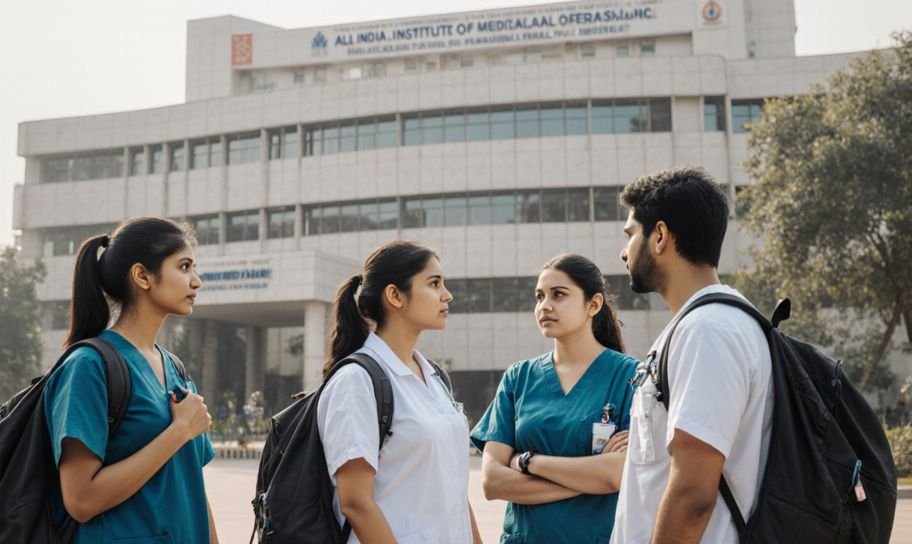
In a recent court decision, the Delhi High Court ruled in favor of the All India Institute of Medical Science (AIIMS), deciding that foreign-national medical trainees will not receive payments like their Indian counterparts. This decision overturned a previous ruling that had granted these payments.
AIIMS filed an appeal against an earlier decision that required them to pay foreign-national postgraduate students. These students were admitted under a "Sponsored/Foreign National" category, which clearly stated that no payments would be provided.
The court, led by Judges Anil Kshetrapal and Harish Vaidyanathan Shankar, supported AIIMS's policy. The judges found that the separation of "Foreign National" candidates was fair and legally valid. They emphasized that these trainees were admitted under a special category designed to create "no financial burden" on AIIMS.
Clear Difference: The court noted that the "Foreign National" category had a clear reason, as these students were admitted through diplomatic methods and not through the regular merit system.
No Change of Mind: The judges ruled that students who accepted admission under these conditions could not later dispute them. They were fully aware of the terms, including the lack of payments.
Article 16 Not Relevant: The court found that the relationship between AIIMS and the trainees was educational, not like an employer-employee relationship, making Article 16 irrelevant.
This decision reinforces AIIMS's policy of not providing payments to foreign-national trainees, ensuring that financial resources are prioritized for local students. The court's ruling aligns with AIIMS's goal of managing money wisely while supporting international academic cooperation.
The appeals by AIIMS were approved, and the previous decision granting payments was canceled. AIIMS's Prospectus conditions remain valid, reinforcing the difference between local and foreign-national students.
"The classification 'Foreign National' candidates satisfies both parts of the Article 14 of the COI twin test when examined individually, and is therefore legally sustainable." - Judge Anil Kshetrapal
This judgment sets an example for how educational institutions can manage financial policies regarding foreign students, ensuring clarity and consistency in admissions practices.